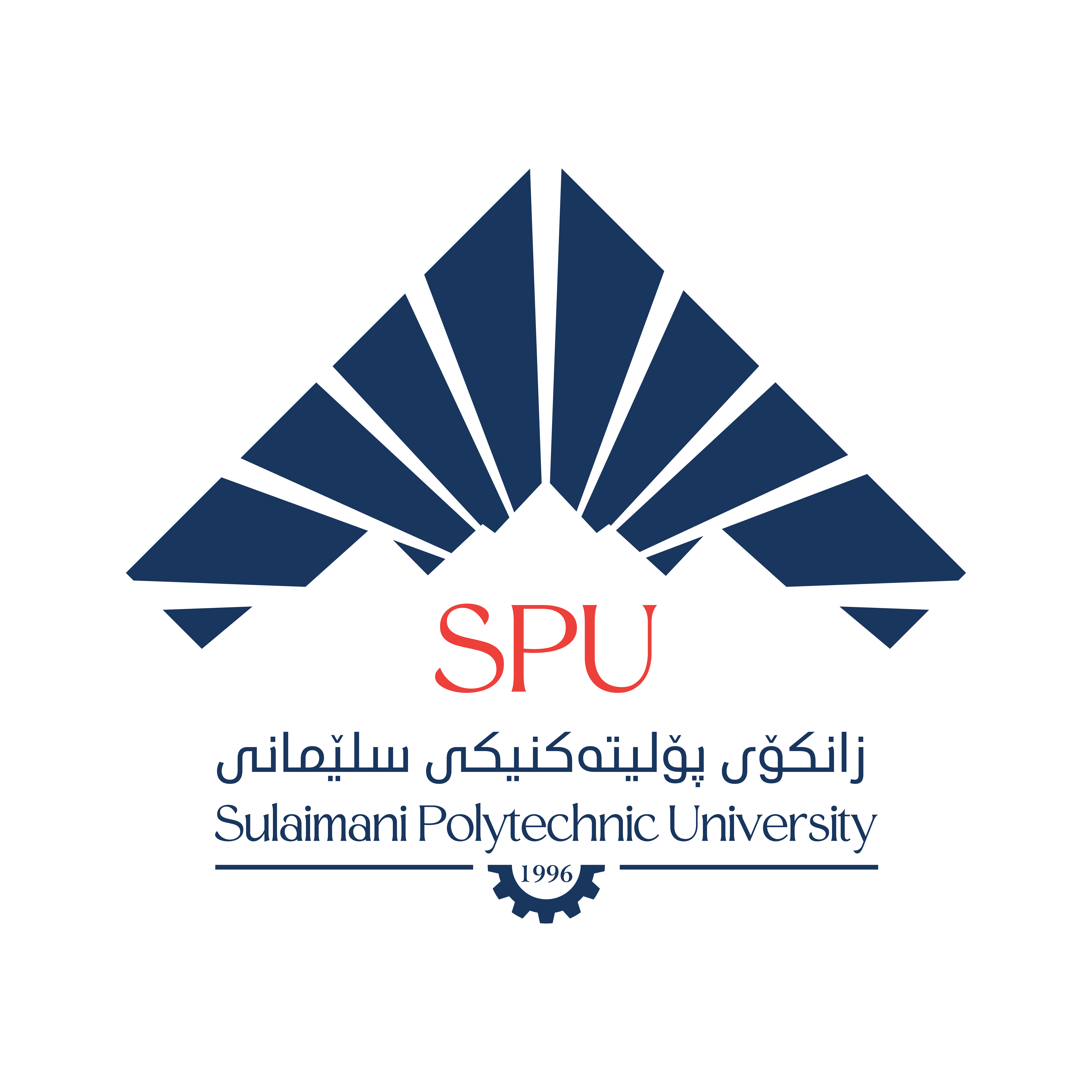Department of Food Science and Quality Control is one of the three scientific departments belonging to Halabja Technical College of Applied Sciences / Sulaimani Polytechnic University.
The duration of study in this department is four years. Each year according to the Bologna system is divided into two semesters, spring and autumn, each semester contains 30 credits and students after completing eight semesters, and passing all 240 credits receives a bachelor’s degree in this scientific department. During this time, students will learn the basic principles of food science such as food chemistry, food microbiology, food industry and industrial products. In addition, graduated learn all the academic and practical methods of quality control of food products including local and imported, laws and condition of accept or reject food products according to the standards.
Vision:
- To address the needs of the labor market by experts in food safety, food manufacturing and quality control.
- Conducting scientific research in different fields of food and quality control in order to move towards a modern system in this field.
- making connection of academic department to the community by providing scientific and professional services and advice.
- Opening training courses to raise the scientific level and awareness of individuals in different sections of society.
- Opening of scientific conferences and symposia.
- Exchange of scientific experts with Arab and international universities and Iraqi agricultural colleges.
- Developing cooperation with the institutions of the World Agricultural Boards
Mission:
The department should be a leader in teaching and scientific research in order to service community in the field of food industry and quality control in both the public and private sectors, by providing scientific advice and consultancy to factories and food manufacturing also cooperation with non-governmental and governmental sectors, Conducting scientific symposium and training courses for different sections of society, training courses and seminars for food safety in restaurants and semi-industrial factories.
Outcomes:
The graduates (B.Sc.) can work as human nutrition consultants, food chemists, food analytical laboratories experts, food manufacturing managers, quality control managers, quality assurance officers, and nutrition researchers in the food industry and in the Ministry of Health and Higher Education or has his own food production projects.
